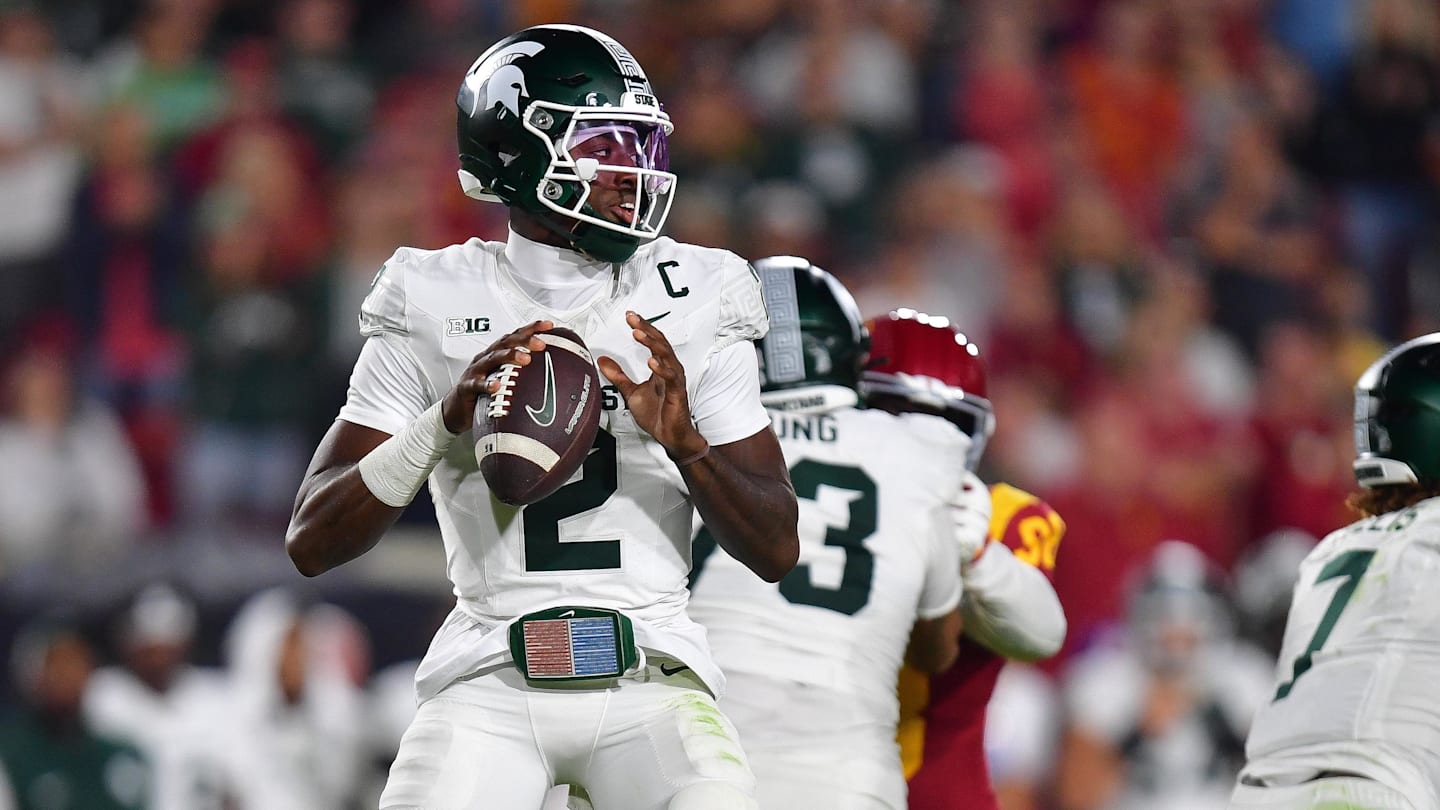While the Big Ten Conference mulls a private capital deal believed to be worth at least $2 billion, one Michigan regent is urging the school to say no.
In a social media statement issued Wednesday, regent Jordan Acker — a former chairperson of Michigan’s eight-person board — said he’d oppose any plan by the school to vote in favor of the proposal, and encouraged his colleagues at other league institutions to follow suit.
“Selling off Michigan’s precious public university assets would betray our responsibility to students and taxpayers,” Acker wrote. “I will firmly oppose any such effort — and I hope colleagues at (Michigan State) and Ohio State will stand me with me as well.”
ESPN on Wednesday first reported the eye-popping details of a lucrative financial deal on the table, one that would provide a nine-figure cash infusion to every Big Ten school and extend the league’s grant of rights for another 10 years, providing long-term stability and an immediate financial windfall.
But not every Big Ten school is on board yet, according to ESPN’s Pete Thamel and Dan Wetzel. Big brands like Michigan and Ohio State remain in discussions with the league over finances and a proposed “tiered” payment system for schools.
A vote has not been taken and a deal is not imminent, according to ESPN. The outside entities up for consideration have not been named publicly either.
If the deal were to come to fruition, ESPN says the Big Ten would create a new, separate commercial entity that would control all revenue from media rights, sponsorships and other revenue streams. Meanwhile, the private capital company would receive a yearly financial stake.
According to the report, all schools in the conference would receive a nine-figure payment up front, with larger amounts for some of the bigger brands like Michigan and Ohio State.
For context, the U-M athletic department projected a budget of $266.3 million for fiscal year 2026, but will need a $15 million loan from the school to cover added expenses incurred from the House vs. NCAA settlement. A nine-figure cash infusion would help close that gap and put Michigan on solid financial footing for years to come.
But is it worth it? The devil is always in the details.
If you purchase a product or register for an account through a link on our site, we may receive compensation. By using this site, you consent to our User Agreement and agree that your clicks, interactions, and personal information may be collected, recorded, and/or stored by us and social media and other third-party partners in accordance with our Privacy Policy.
Source link
